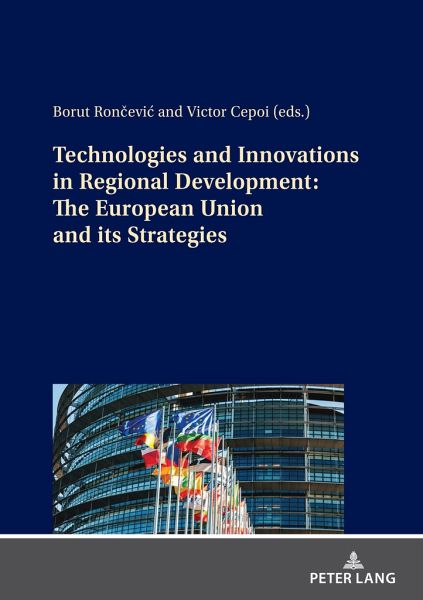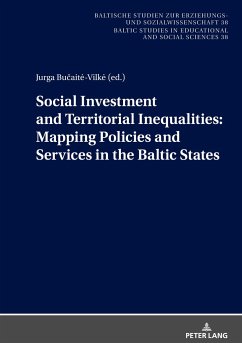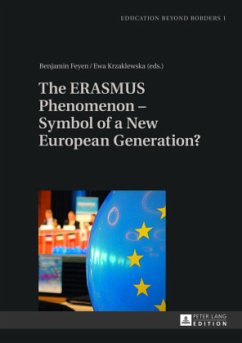
Technologies and Innovations in Regional Development: The European Union and its Strategies
Versandkostenfrei!
Versandfertig in 6-10 Tagen
44,50 €
inkl. MwSt.

PAYBACK Punkte
0 °P sammeln!
The subsequent volume revolves around the Social-Fields-Approach (SOFIA) as anapproach to conceptualization and operationalisation for the purpose of empiricalresearch. It contributes a new perspective and approach in research on innovation.We believe that SOFIA can have implications for both academic research and practicalapplications in reshaping the existing instruments and governance arrangementsin innovation policy. Whilst applying SOFIA, we urge researchers to leveragethe plurality of different qualitative, quantitative and mixed-method approachesin innovation studies, including less con...
The subsequent volume revolves around the Social-Fields-Approach (SOFIA) as an
approach to conceptualization and operationalisation for the purpose of empirical
research. It contributes a new perspective and approach in research on innovation.
We believe that SOFIA can have implications for both academic research and practical
applications in reshaping the existing instruments and governance arrangements
in innovation policy. Whilst applying SOFIA, we urge researchers to leverage
the plurality of different qualitative, quantitative and mixed-method approaches
in innovation studies, including less conventional methods, such as QCA (Ragin,
2008). Diligent application of SOFIA can also subsequently lead to the development
of high-level theoretical contributions.
approach to conceptualization and operationalisation for the purpose of empirical
research. It contributes a new perspective and approach in research on innovation.
We believe that SOFIA can have implications for both academic research and practical
applications in reshaping the existing instruments and governance arrangements
in innovation policy. Whilst applying SOFIA, we urge researchers to leverage
the plurality of different qualitative, quantitative and mixed-method approaches
in innovation studies, including less conventional methods, such as QCA (Ragin,
2008). Diligent application of SOFIA can also subsequently lead to the development
of high-level theoretical contributions.












